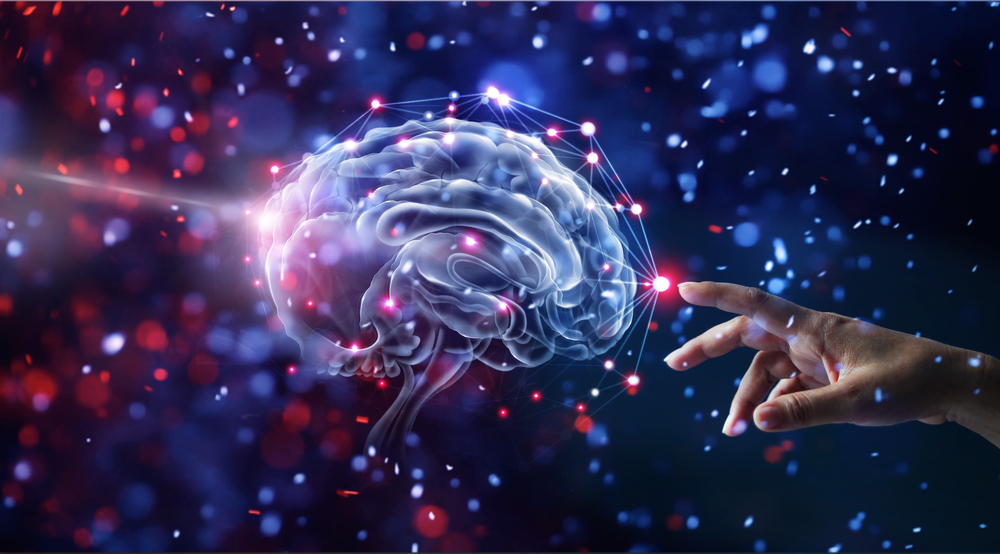Community and social interactions play an important role in brain health for several reasons.
Social engagement boosts cognitive function:
Studies have shown that social interaction helps improve cognitive function, memory, and overall brain health. This is because socializing engages different areas of the brain and stimulates the release of hormones that promote neural growth and plasticity.
Social support reduces stress:
Social support has been found to reduce stress and the negative impact it has on the brain. When we have people we can turn to in times of need, we feel less stressed and are better able to cope with challenging situations.
Social connections enhance mood:
Social connections are important for emotional well-being and can help reduce the risk of depression and anxiety. Positive social interactions also release neurotransmitters like oxytocin, which promote feelings of happiness and bonding.
Social activities promote physical health:
Engaging in social activities like group exercise classes or team sports not only improves physical health but also enhances cognitive function and mental well-being.
Social engagement may reduce the risk of cognitive decline: Research suggests that social engagement can reduce the risk of cognitive decline and dementia in later life.
Community and social interactions are critical for brain health as they help to promote cognitive function, reduce stress, enhance mood, promote physical health, and reduce the risk of cognitive decline. Maintaining social connections is therefore an important aspect of overall health and well-being.




